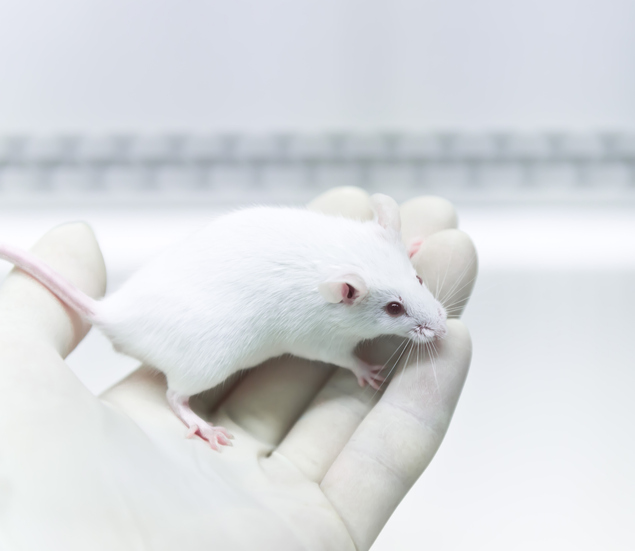Mice transplanted with an “organoid” organ analog, brain neurons grow and function

As a result of transplanting human brain cells into the brains of mice, the cells were found to deposit, grow and connect with mouse brain cells.
Animal experiments like this are ethically controversial, but the research team asked scientists to consider them as efforts to study diseases that occur in the brain, the most complex organ in humans.
“Autism and schizophrenia may be unique diseases to humans,” said a research team from Stanford University in the United States, which conducted this study. “But the human brain is not an easily accessible institution for research.” The need for research subjects to replace the human brain.
For this purpose, scientists are using “organoids”. Organoids are organ analogues obtained by culturing or recombining stem cells to have structures and functions similar to those of human organs, such as the brain, liver and kidneys. To create brain organoids, the research team reversed human skin cells into stem cells and then proliferated them to become organisms similar to the cerebral cortex of the brain, which plays the role of memory, thinking, learning, reasoning and emotions.
When these brain organoids were transplanted into two- or three-day-old mice, the organoids grew gradually and occupied a third of the mouse’s brain. Furthermore, because the nerve cells of the organoids were linked together, the mouse brain circuit was shown to work.
Human neurons have been transplanted into rodents previously, but usually into adult animals. The research team said it was the first time that organoids produced using human skin cells were transplanted into the brains of young mice and that they were able to demonstrate how human cells affect the growth of mice.
The research team transplanted organoids made using cells from healthy people and cells from patients with Timothy’s syndrome, a disease related to autism spectrum disorder, to both sides of the mouse brain.
After 5-6 months, neurons formed in the brain were examined. As a result, it was confirmed that far fewer nerve cells were formed at the organoid transplant site in patients with Timothy syndrome. The research team believes that organoid transplants made using cells from patients with autism or schizophrenia could also confirm the various potential effects of the disease on the brain.
However, these experiments have ethical problems. It is about the extent to which experiments can be conducted on mice and whether these experiments can be applied to primates such as monkeys. The researchers say it is not yet time to apply the experiment to primates. While unlikely at this time, some ethicists are also concerned about the threatening situation in which brain organoids acquire human cognitive abilities. For this reason, scientists, including a research group in Zurich, Switzerland, are conducting research on brain organoids without transplanting them into animals.
This study was recently published in the international academic journal Nature.


